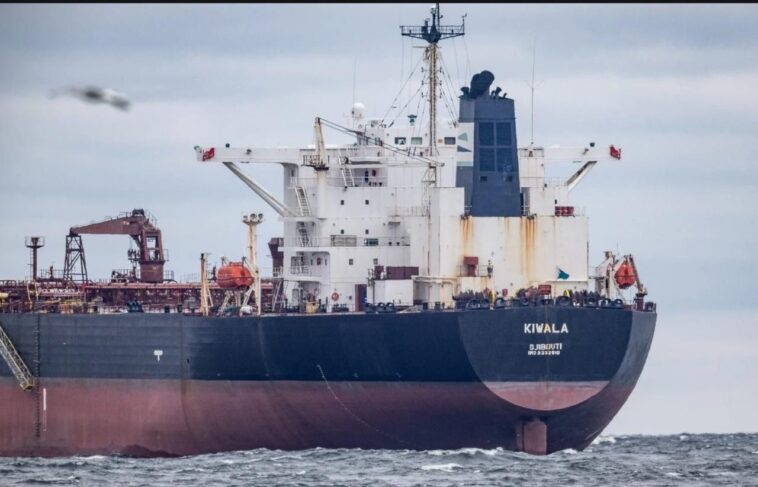In September, Nigeria’s importation of petrol hit its lowest point in at least eight years, as per data from Kpler. The country imported 116,000 barrels per day (bpd) of petrol by sea, a decrease from the 154,000 bpd recorded in August. This marks the smallest volume since 2017.
Although Nigeria has decreased its imports, the total petrol loadings have climbed to 77,000 barrels per day, marking the second-highest level ever observed, which underscores ongoing export activities.
Data from Argus indicated that in September, Nigeria received 375,000 barrels of crude oil per day, a decrease from the 440,000 barrels per day recorded in August.
Due to the RFCC unit being shut down, the price difference between non-oxygenated petrol barge cracks and Brent crude oil surged, reaching $21.17 per barrel on September 17—a peak not seen in 16 months, as reported by traders.
In 2024, Nigeria, which was previously the fifth-largest importer of petrol, has experienced a greater than 40% drop in imports, declining from 162,000 barrels per day in January to under 100,000 barrels per day. Currently, it is ranked eighth worldwide, maintaining its position as Europe’s largest petrol customer, though its purchases are at half the levels compared to last year.If You’re Reading From Phoenix Click On Read Original at the top To Read Full Article
In September, the combined petrol exports from the EU, UK, and Norway to Nigeria amounted to 78,000 barrels per day, marking one of the lowest levels ever recorded. Meanwhile, Libya imported 89,000 barrels per day, positioning it as Europe’s second major export destination, following the United States.





